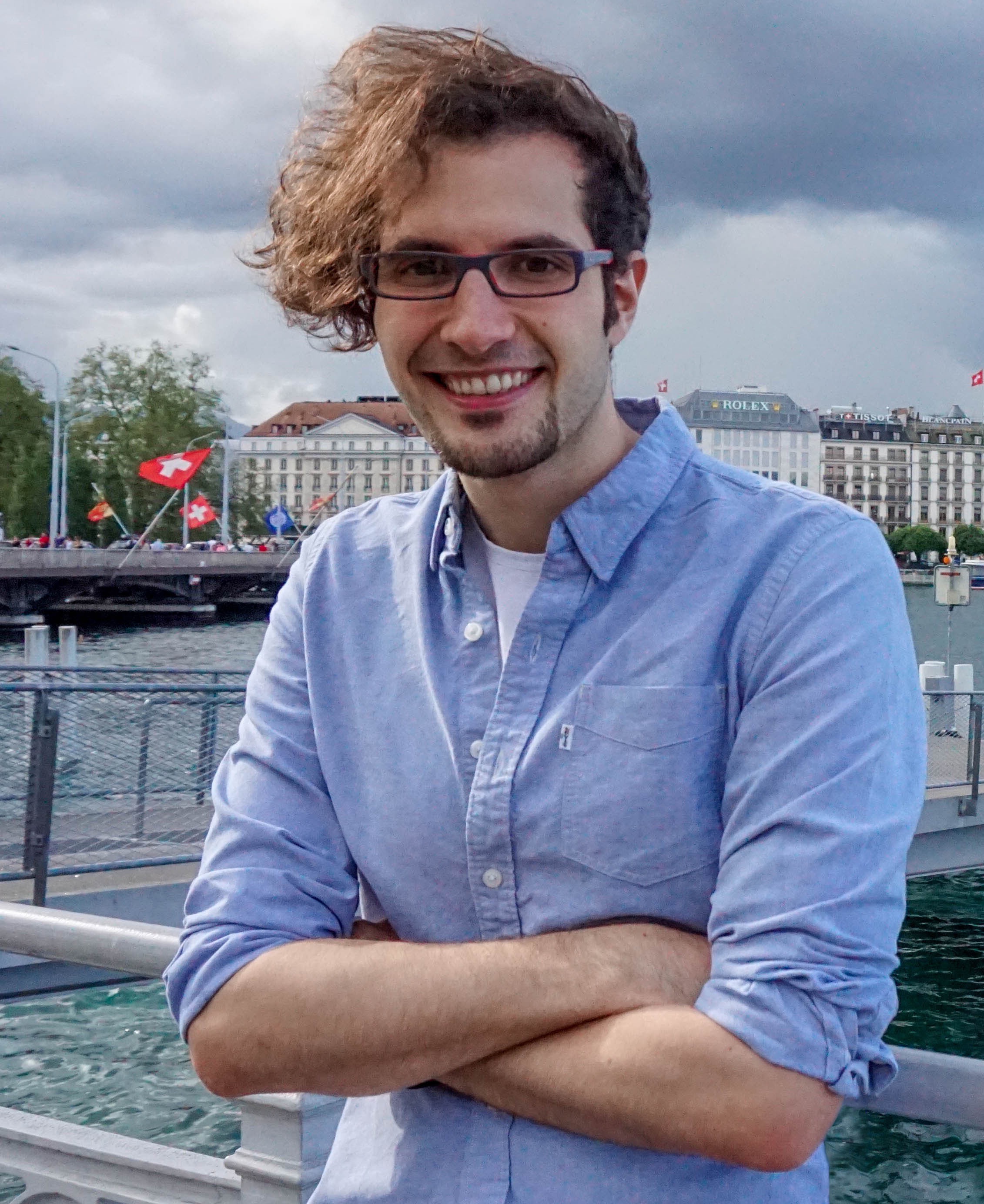 Alejandro Avilés | Bity SA, Switzerland
Alejandro Avilés | Bity SA, Switzerland
I'm a software engineer with studies in machine learning, experience as full-stack web developer, and a strong passion for user experience. I spent 4 years at CERN as core developer of the Indico project, an open source web application widely used in the HEP community for organizing conferences, meetings, and seminars such as this one. Currently, I'm the CTO of Bity, a Swiss startup that offers financial services around Bitcoin, Ethereum, and other cryptocurrencies. By exploring the possibilities that technologies for decentralization open I aim to help create new, fairer ways in which societies can be organized.
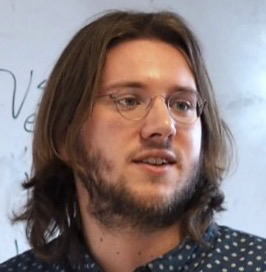 Lennaert Bel | Nikhef, Netherlands
Lennaert Bel | Nikhef, Netherlands
I'm a physicist working at Nikhef, Amsterdam. I'm currently working on the last stages of my PhD, at the LHCb experiment. My main area of focus is physics, but I've long been interested in computing, having done several computer science courses during my studies and working on various open-source projects. Since I can't get enough of the combination of physics and computing, I'm here to share my knowledge of it!
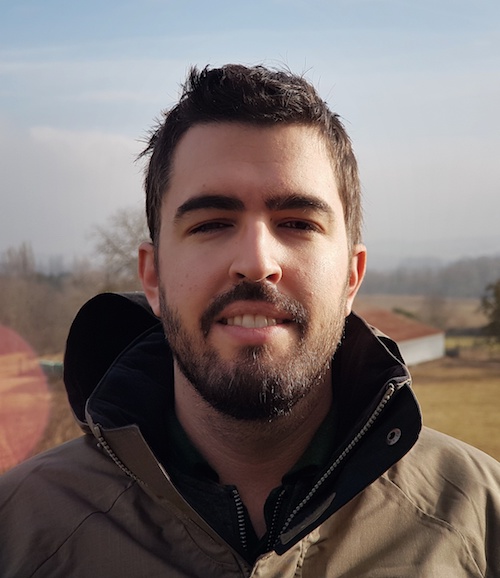 Plácido Fernández
Plácido Fernández
CERN, and University Carlos III of Madrid
I graduated in Computer Science and Engineering from University Carlos III of Madrid. After that I joined Thales and developed validation software in rail signal systems. I returned to the University to obtain a MSc in Software Engineering where the focus of my thesis was using GPGPU to accelerate a music software synthesizer.
I then joined GMV Space & Defence where I worked in the Flight Dynamics and Operations department as a software engineer, and after one year and a half I joined CERN as a doctoral student at the LHCb experiment, where I am working on particle tracking algorithms for multi-core and many-core hardware platforms.
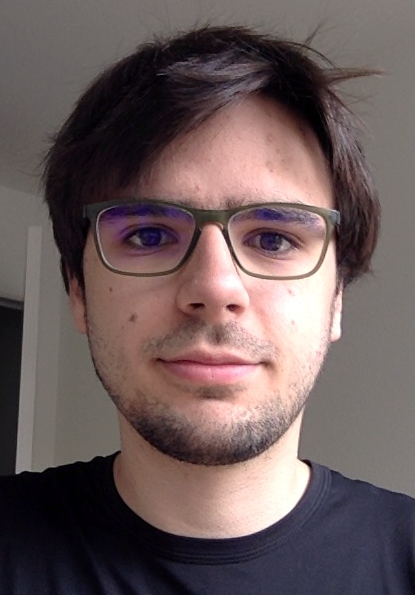 Gabriele Gaetano Fronzé
Gabriele Gaetano Fronzé
Università degli Studi di Torino and INFN Torino, Italy, and
Subatech et IMT-Atlantique Nantes, France
I am a PhD student involved in the ALICE Collaboration for the INFN and University of Torino (IT) and for Subatech and IMT-Atlantique of Nantes (FR). Since the childhood, I built and used computers. During my Master’s degree in Nuclear Physics I started applying my IT knowledges to create tools for my colleagues’ tasks, spanning from writing high performance code to creating virtualized computing and high availability storage resources.
Once Ernest Rutherford said, "We had no money, so we had to think about it". Exploiting the maximum potentiality of available resources is what defines my approach to life and work.
 Christian Graf
Christian Graf
Max Planck Institute for Physics, Germany
I am a PhD student at the Max-Planck-Institute for Physics in Munich. I am working within the CALICE collaboration which aims at developing new calorimeter concepts for future linear collider experiments as the ILC, or CLIC. In my daily work, I am currently involved in data analysis of test-beam campaigns with calorimeter prototypes.
During my studies in Heidelberg I focussed on particle physics and got especially interested in data analysis and statistics. As a counterbalance, I enjoy outdoor activities and sports as hiking, rock climbing, snowboarding or beach volleyball.
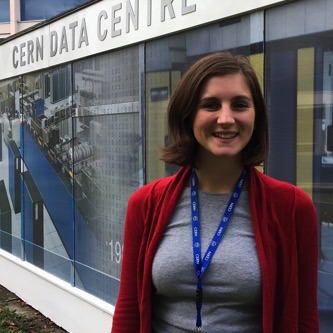 Hannah Short | CERN
Hannah Short | CERN
I'm a member of CERN's Computer Security Team, working on the AARC Project, funded by the European Commission. The aim is to overcome the technical and political hurdles to Federated Identity and ultimately offer Single-Sign-On (SSO) across Research and Education... Rome wasn't built in a day, but we will get there. Outside work I spend my time learning languages, playing music and actively trying to balance the gender skew in science and technology - oh, you are too?! Great, get in touch!
 Victoria Tokareva
Victoria Tokareva
Joint Institute for Nuclear Research, Russia
I got my MSc in Applied Mathematics and Physics at Moscow Institute of Physics and Technology in 2015 and then joined JINR first as a summer student, and as a PhD student afterwards. Since that time I made a lot of work around our micro-CT scanner: speeding up image reconstruction on multi-core CPU/Xeon Phi/GPU, working with interfaces for camera drivers... Now I participate in development of an open-source distributed Picture Archiving and Communication System (PACS). In my family we have a long medical dynasty, so I'm happy to apply my technical skills in the health-care-related field.
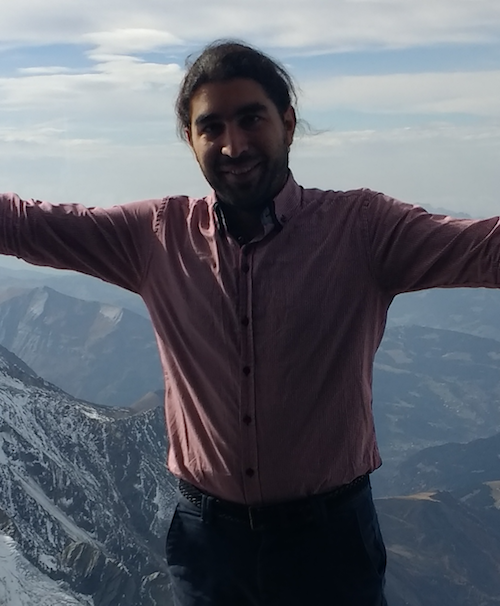 Georgios Voulgarakis | CERN
Georgios Voulgarakis | CERN
A citizen of the world! Born in Greece, graduated with a Diploma from Aristotle University of Thessaloniki, carried by the winds of fortune around Europe. Interested in backend systems, distributed systems, algorithmic problems. Current stop, CERN BE-ABP group, developing Linac4 H- Ion Source Autopilot to help achieve maximum performance at all times. Non computer-related interests include travelling, motorcycle tours and aviation.